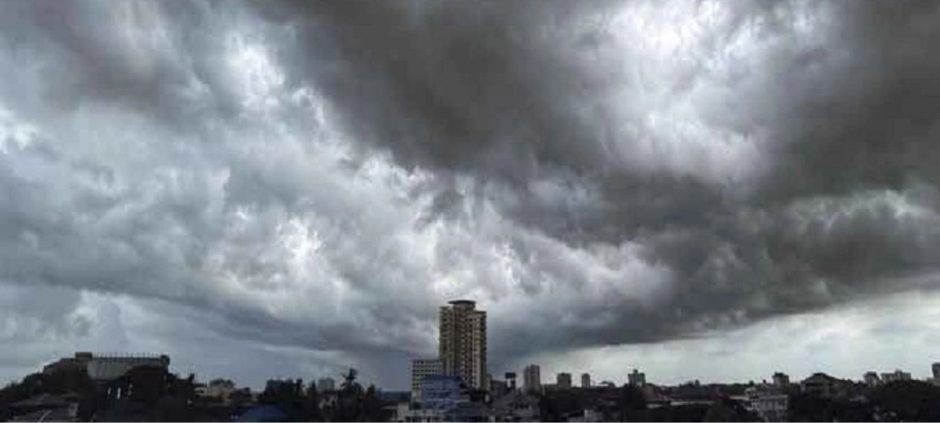Islamabad experienced a heavy rainfall event on Monday, with Sector H-8/2 receiving nearly 95mm of rain in just one hour. This sudden downpour raised questions about whether the city faced a cloudburst. However, according to a senior official from the Pakistan Meteorological Department (PMD), the rainfall was caused by the interaction of easterly and westerly winds during the monsoon season.
The official explained that the rain was due to a passing shower. Passing showers are brief but intense bursts of rain that usually last between 15 and 30 minutes. In some cases, they can extend to 40 or 50 minutes. Unlike continuous rain, these showers do not involve long periods of cloud cover.
This type of heavy rain occurs when moist easterly winds collide with cooler westerly currents. The collision creates atmospheric instability, leading to rapid cloud formation and concentrated rainfall over a small area. Such weather patterns are common during the monsoon season in Islamabad.
The PMD official emphasized that this was not a cloudburst. A cloudburst generally involves very heavy rain over a larger area and a longer period. Instead, Islamabad experienced a short, intense shower that caused localized flooding.
The heavy rain brought relief to many residents of Islamabad but also caused waterlogging and some traffic problems. City authorities urged people to remain cautious during sudden heavy rains and to follow safety guidelines.
In summary, the heavy rain in Islamabad on Monday was a typical monsoon passing shower caused by wind currents. It was an intense but short-lived event, not a cloudburst. This weather is common in Islamabad during the monsoon season.
In other related news also read 5.2 Magnitude Earthquake Shakes KP and Islamabad











